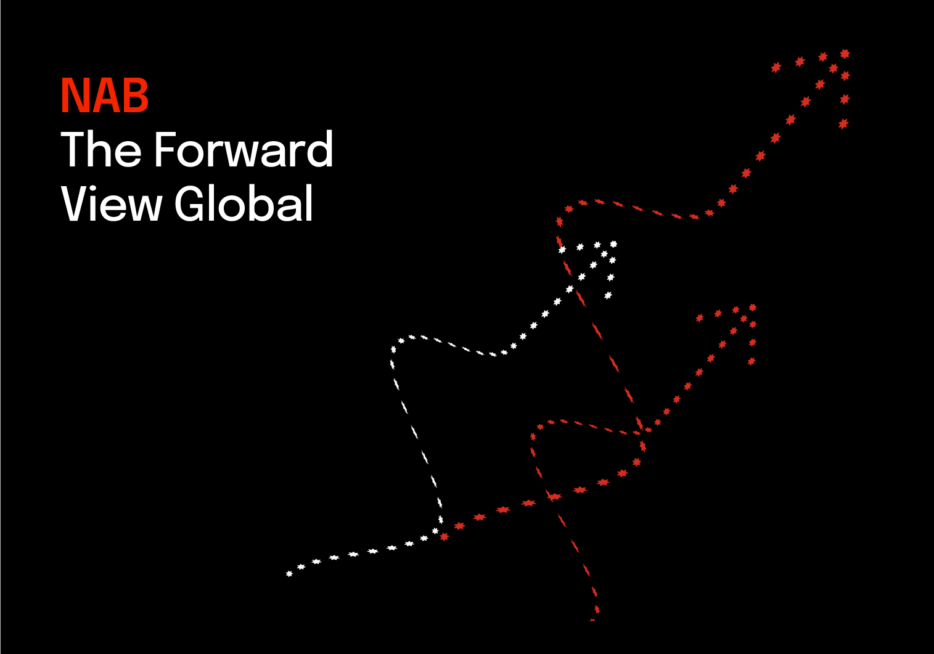We expect growth in the global economy to remain subdued out to 2026.


Insight
Have markets broken up with the Trump trade? Today will be a key test of this hypothesis with the US Congress voting today on a key healthcare reform bill which is seen as a crucial test of the relationship between the White House and Congress.
If the bill does not pass, that could suggests a low willingness of Congress to accommodate Trump’s legislative agenda and could delay or reduce the scope of Trump’s signature policies of tax reform and infrastructure spending on which markets have rallied on. To borrow from Billy Ray Cyrus’ 1991 hit “Achy Breaky Heart”, don’t tell my heart my achy break heart….it might be walking out on me today.
With such a backdrop, markets have mostly treaded water overnight following yesterday’s risk-off Asia session. A tragic terrorist attack in London overnight (4 dead, 20 injured) yielded no immediate reaction, but did help the bid of risk-off assets. UK Gilt yields fell 2bps on the news and are down 7bps overnight while the Pound was broadly steady. The VIX did rise slightly, but at 12 is still at low levels.
US Treasury yields continue their Trump unwind with yields down 2.5bps to 2.39%, down from its recent peak of 2.63%. The unwind has mostly been focused on the real yield component, with real yields down at 0.41% – well down from the peak of 0.68%. In contrast, the inflation breakeven component still sits at 1.98% – around the 2% level it has been averaging since the beginning of January. Bund yields were also down 5.1bps overnight to 0.41%.
The US dollar was down 0.1% across the board overnight. Correspondingly the Euro was up 0.1% along with the Kiwi (+0.1%). The Aussie underperformed slightly, down 0.2% with a lower iron ore price weighing. The iron ore price fell 3.0% to $85 a tonne and is down around 8% on the week. The Yen was the outperformer, up 0.77% largely in the Asian risk-off session, but also supported by the better than expected Trade Balance (¥813bn against expectations of 807bn and the highest for seven years).
Equities fell sharply in Asia, largely reflecting the sharp fall in US equities (down 1.2%) the previous day. Equities overnight were broadly steady, with the S&P500 up 0.2% and the EuroStoxx down 0.3%.
While the Trump unwind has affected most markets, expectations for the Fed have been more resilient. The market currently prices a 42% chance the Fed hikes rates in June and are currently pricing 1.4 rate hikes for the year ahead. Fed commentary in recent days has no doubt helped to steady expectations. Kaplan (voter) in a Reuters interview said two more rate hikes this year was a “reasonable” base case and on the balance sheet “we are moving toward a period where we should begin allowing the balance sheet to gradually patiently run off” but “we have work to do, probably, to get to that point”. Mester (non-voter) was more unequivocal on the timing, stating she was comfortable starting to unwind the Fed’s balance sheet “this year”.
Finally, the RBNZ kept rates on hold as expected. The last paragraph was unchanged with a neutral policy bias maintained. The Kiwi dollar was unchanged on the news.
Markets will be focused on the passage of the US healthcare reform bill. Trump himself has tweeted it’s a “Big Day for Health Care. Working Hard”. According to the Republican Freedom Caucus’ Mark Meadows, 25 Republicans are opposed, meaning at this stage a defeat is likely –defeat only requires 21 to vote against.
Data wise, it is another very quiet session ahead with little in the way of top-tier data. Normally a speech by US Fed Chair Yellen would elicit some excitement, but today’ speech is to the Fed’s Community Development Research Conference. The conference is aimed at the economic future of children and communities and thus unlikely to contain much in the way of policy guidance; FOMC members Evans and Kashkari also speak at this conference. The more interesting soundings are unlikely to come until Friday Australian time (10am AEDT) with the Fed’s Kaplan (hawkish) speaking in an off the cuff Q&A session on the economic outlook.
Of the second tier data flow, UK Retail Sales and German Gfk Consumer Confidence are the likely highlights. The US also has Initial Jobless Claims, New Home Sales as well as the Kansas City Fed Manufacturing Index.
On global stock markets, the S&P 500 was +0.24%. Bond markets saw US 10-years -2.87bp to 2.40%. In commodities, Brent crude oil -0.43% to $50.74, gold+0.1% to $1,248, iron ore -3.0% to $84.99, steam coal -0.2% to $80.40, met.coal -0.3% to $156.75. AUD is at 0.7678 and the range since yesterday 5pm Sydney time is 0.7639 to 0.7691.
For full analysis, download report or listen to The Morning Call Podcast
For further FX, Interest rate and Commodities information visit nab.com.au/nabfinancialmarkets
© National Australia Bank Limited. ABN 12 004 044 937 AFSL and Australian Credit Licence 230686.